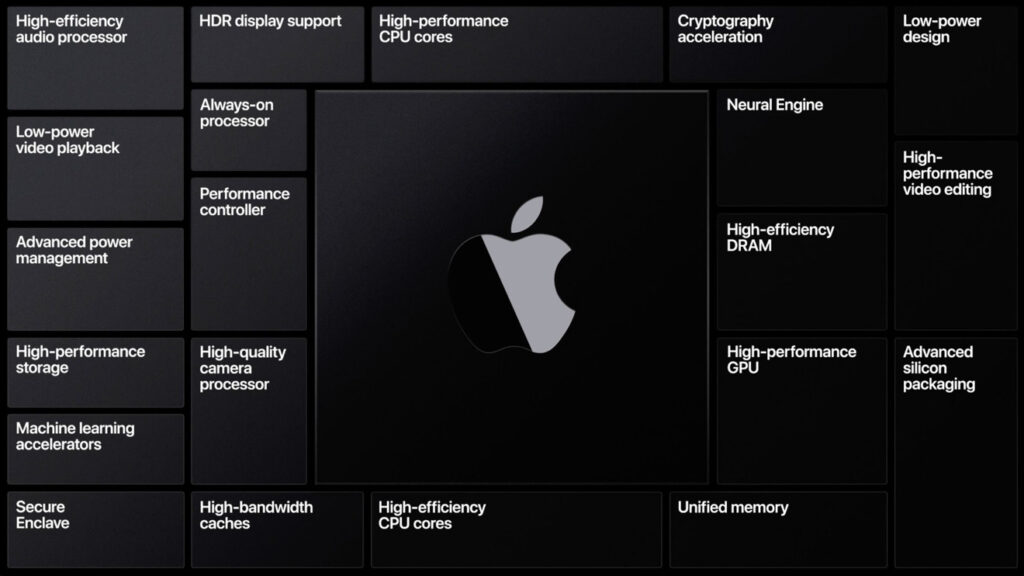Apple has always been a trailblazer in the tech industry, and its approach to custom chip design is no exception. During a recent discussion, Apple’s top executives provided a rare glimpse into their silicon strategy, emphasizing their unique philosophy: “Apple is not a merchant silicon company”. This statement highlights the company’s dedication to designing chips tailored specifically to its ecosystem rather than catering to the broader market.
What does it mean to be a ‘merchant silicon company’?
Traditional chipmakers, like Intel, Qualcomm, and NVIDIA, operate as merchant silicon companies. They design and manufacture chips to sell to various clients with diverse needs and requirements. These chips are often general-purpose and must balance compatibility across multiple platforms, resulting in compromises in optimization for any single use case.
In contrast, Apple’s silicon team operates with a singular purpose: to create chips optimized for Apple products and services. By not selling their chips to other companies, Apple can focus solely on advancing the experience of its own devices without being constrained by external customers’ demands.

Apple’s end-to-end control over its hardware and software is a cornerstone of its product strategy. Designing its silicon gives Apple unmatched synergy between hardware and software. For example:
- A-series chips power iPhones and iPads, delivering industry-leading performance and efficiency.
- M-series chips revolutionized Macs, enabling exceptional performance while maintaining incredible battery life.
- Chips like the H-series (AirPods) and S-series (Apple Watch) are designed for highly specific use cases, ensuring optimal performance in small form factors.
This integration allows Apple to fine-tune every aspect of its products, from the user interface to battery performance and thermal efficiency.
Additionally, one of Apple’s greatest strengths is its ability to deliver high performance without sacrificing battery life. The M1 and M2 series exemplify this philosophy, offering desktop-class performance in laptops with fanless designs. This balance is crucial for mobile devices where battery life and heat management are non-negotiable.
Furthermore, Apple avoids the compromises necessary in merchant silicon. It does not have to cater to a broad customer base with varying needs, allowing them to make deliberate decisions that benefit their products. This is reflected in innovations like unified memory architecture, custom image signal processors, and advanced machine learning accelerators.
Subscribe to our email newsletter to get the latest posts delivered right to your email.
